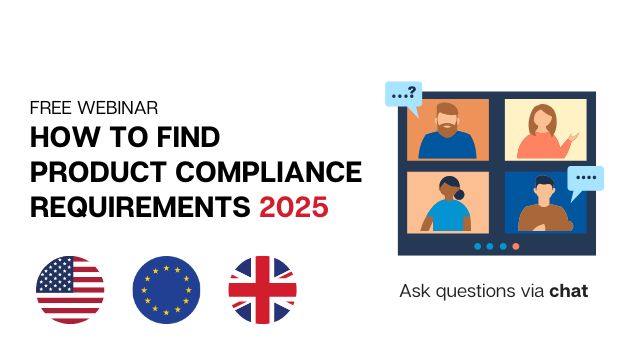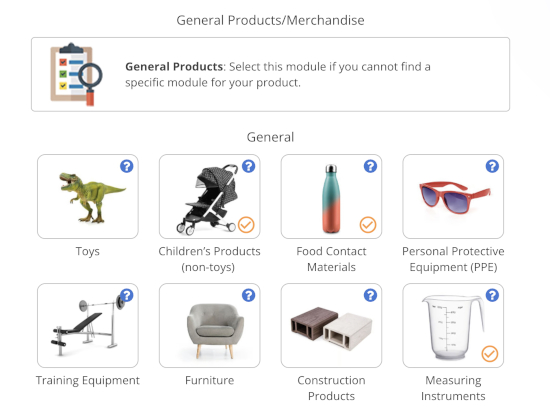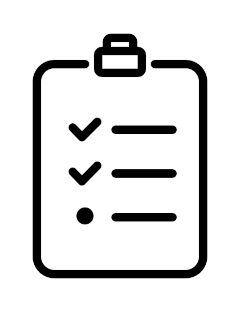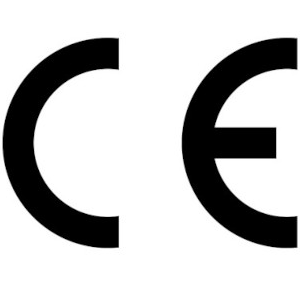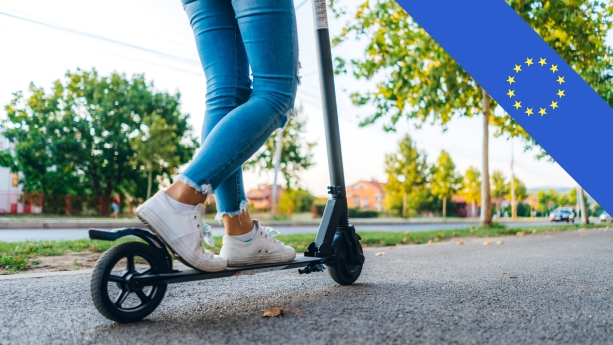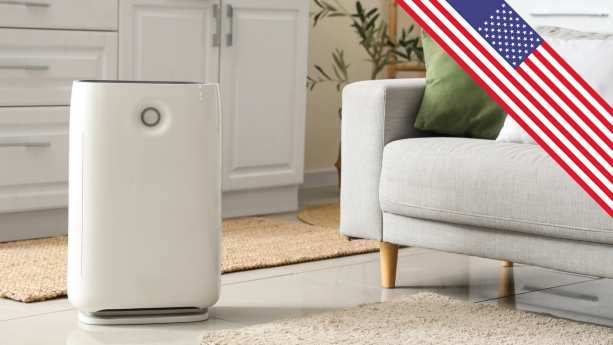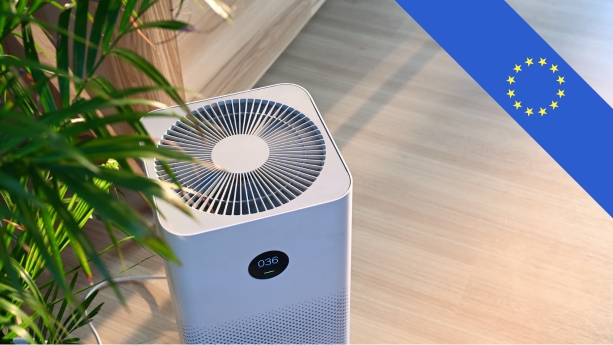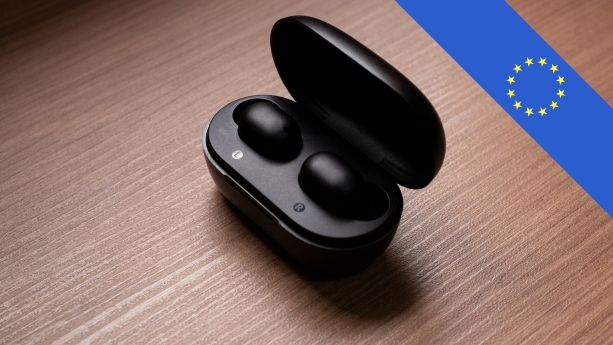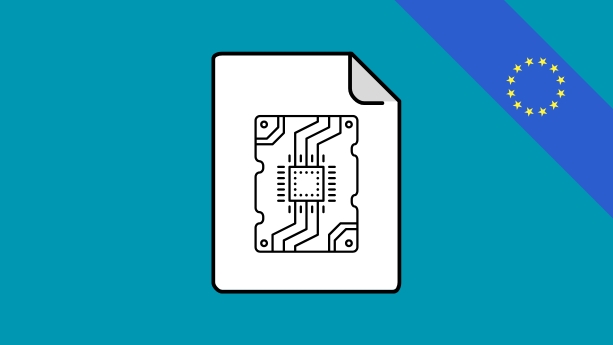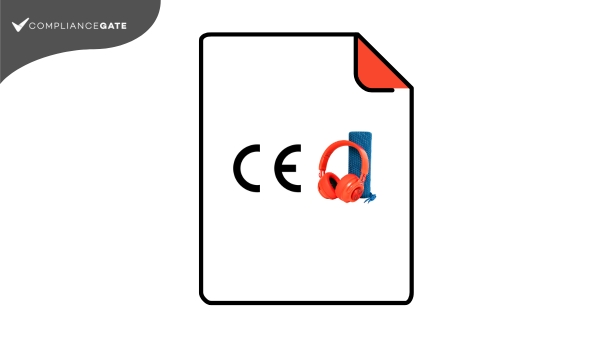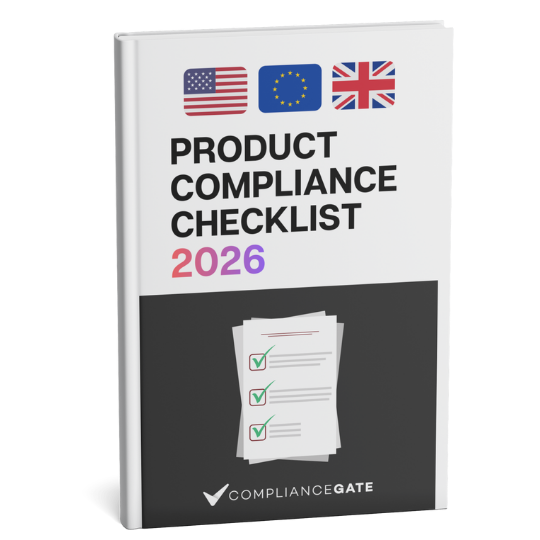
Electric scooters manufactured or imported in the United States are subject to various compliance requirements, including labelling, documentation, and substance restrictions, at both the federal and state levels.
In this guide, we take a look at FCC requirements under 49 CFR Part 15, CPSIA requirements, and other key requirements that are relevant to electric scooters in the United States.
We also explain why product safety standards, such as UL 2272, are relevant to the manufacturing and importation of electric scooters in the United States.
Note: We do not list requirements that apply to products in general or packaging. Also, this guide does not cover all possible US regulations that apply to electric scooters.
Continue reading Electric Scooter Regulations in the United States: A Practical Guide

